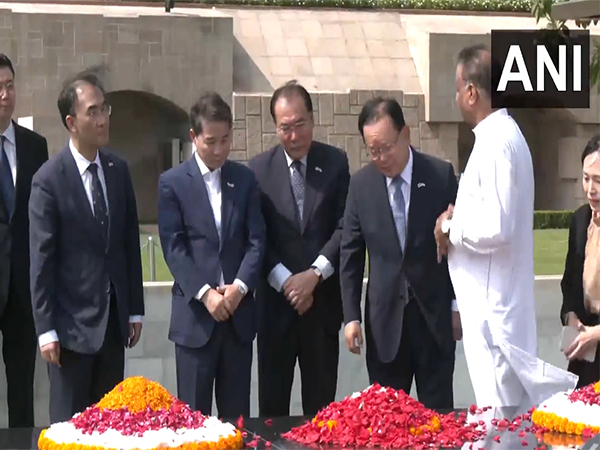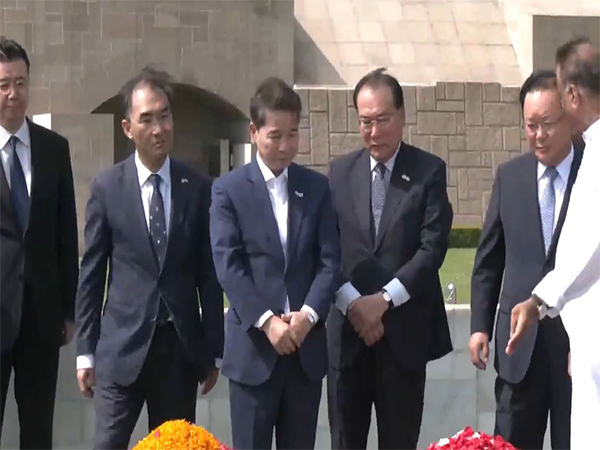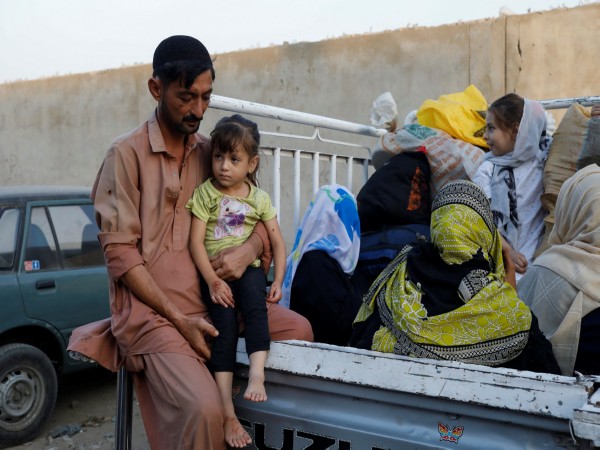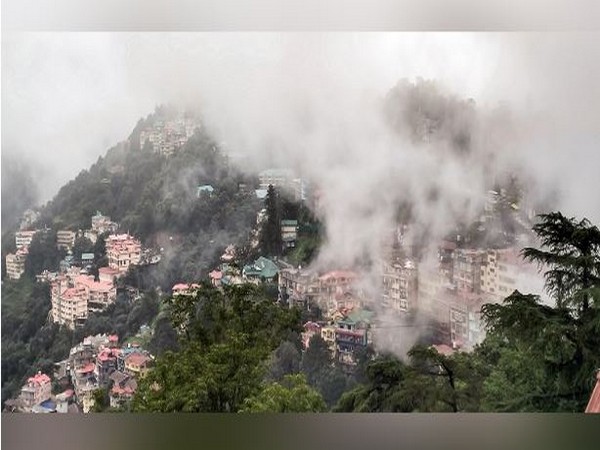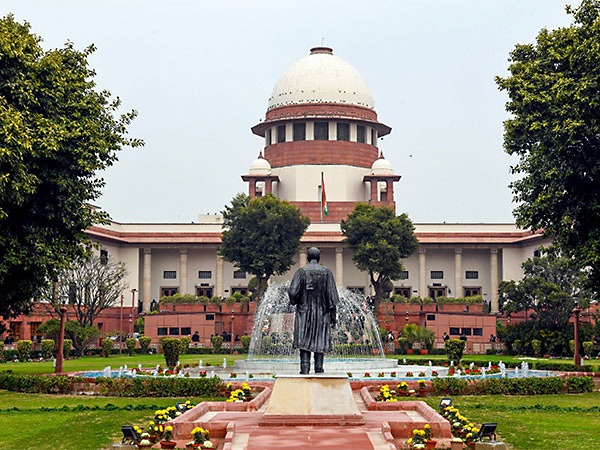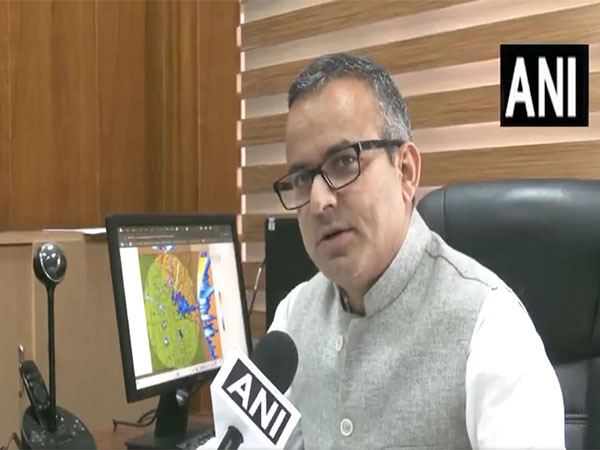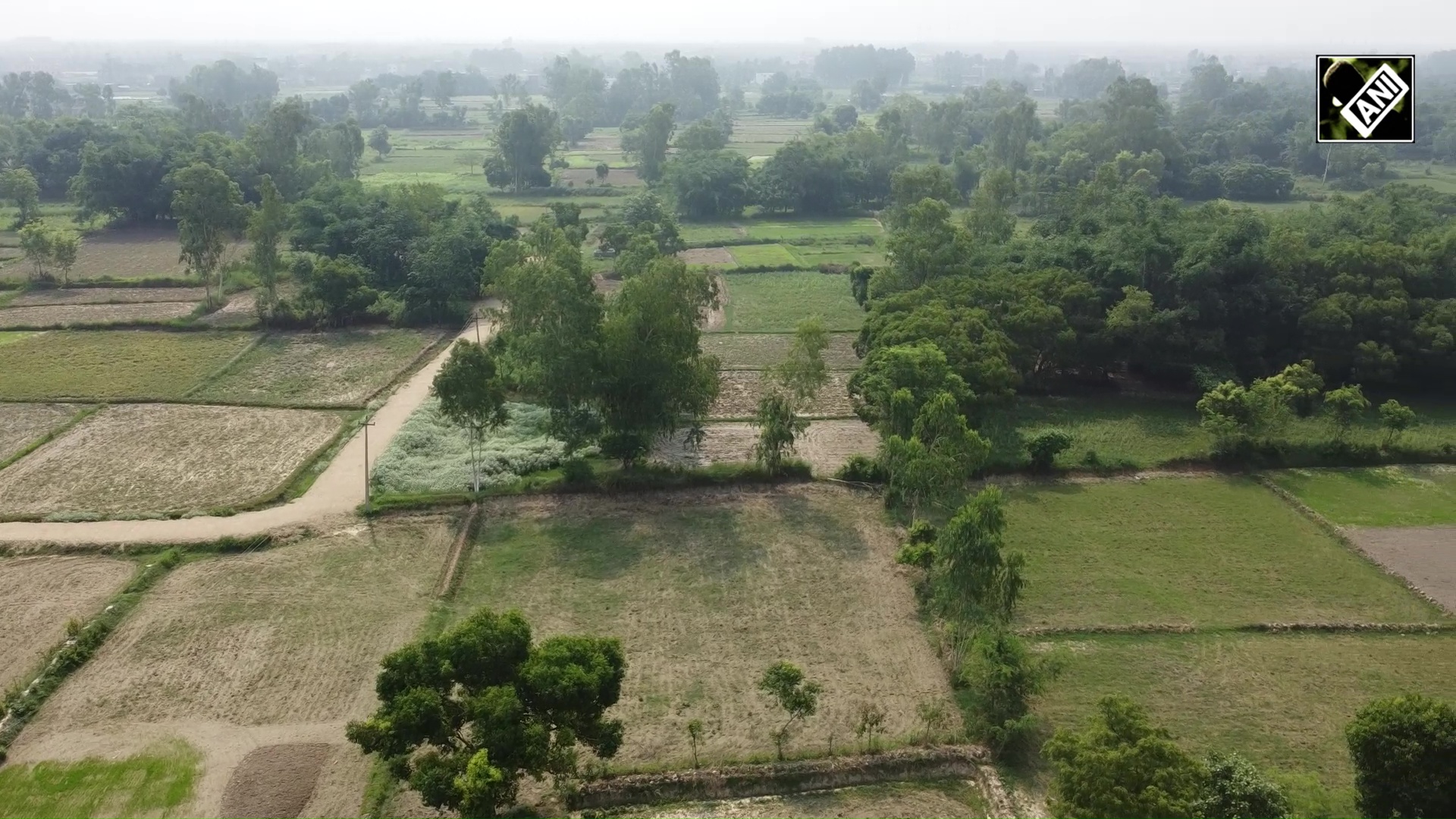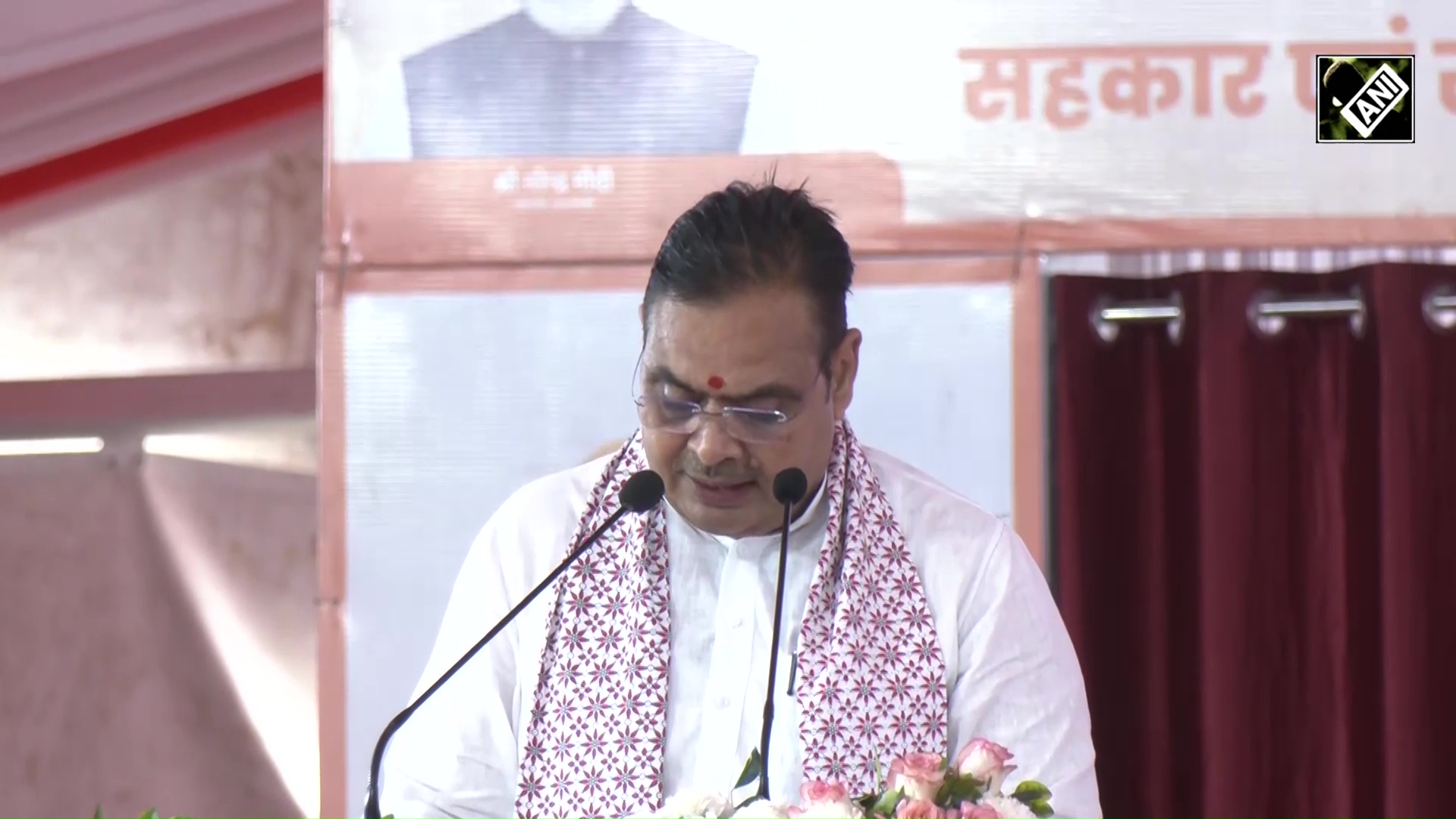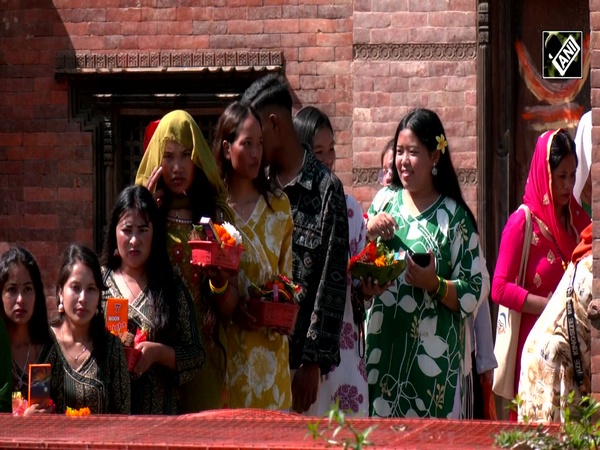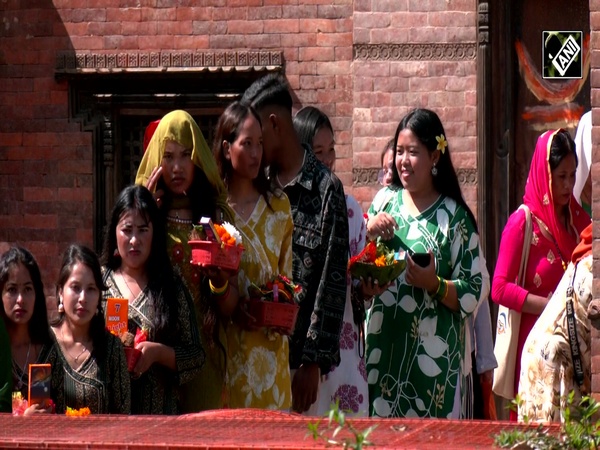Chinese authorities bow down to Guangxi residents mass protest, ease Covid restrictions
Aug 23, 2022

Beijing [China], August 23 : Authorities in Guangxi Province have apparently relented in the face of a mass protest orchestrated by residents disgruntled over a month of strict "zero-COVID" restrictions.
Screenshots of an online chat dated 9:55 pm on Aug 15th, saw a user identified as "Mr Zuo" saying, "The Beihai Municipal Government is now holding a meeting to urgently announce that COVID restrictions will be lifted tomorrow," reported Vision Times.
On August 15, the municipal government of Beihai, a city of 1.5 million about 50 miles away from the border with Vietnam, responded to demonstrators yelling the slogan "back to work! back to work!" by promising that the lockdown would be lifted the next day.
Fishermen were immediately allowed to resume their business, according to information available online, reported Vision Times.
A Chinese social media post describing the circumstances of the commotion in Beihai reads, "On August 15, residents in the locked-down gated communities charged city checkpoints and rushed out into the streets causing the Beihai Municipal Government to urgently announce the lifting of restrictions starting tomorrow August 15."
"The time for fishermen to return to the sea off the coast of Beihai had originally been postponed until Sept. 16, which sparked public anger," the notice added.
On August 17, the Chinese state-backed outlet The Paper said that Beihai's Epidemic Control Headquarters issued a notice stating that the "whole area of Beihai city will enter a stage of 'normalized epidemic prevention and control.'"
On the afternoon of August 16, the city's authorities announced during a press conference that during the transition between "controlled to normalized stages," all government agencies, enterprises and institutions would be allowed to resume normal production and office hours, adding that "various businesses had already re-opened in an orderly manner."
State-run media the Beihai Daily also wrote on their official Weibo account (China's Twitter-like social media platform) that as of August 16, all major fisheries in the city would be allowed to resume normal operations, reported Vision Times.
The city, which attributes a large amount of its local economy to maritime operations, has been eager to get back on the water after a fishing ban in the South China Sea was recently lifted.
Fed up with the draconian zero-Covid policy of China, residents of Guangxi Province took to the streets to protest over a month of strict restrictions.
A widely circulated online video showed a large number of people gathered in the dark during the protest. There were police cars and police officers at the scene, reported Vision Times.
Some of the protesters could be seen getting emotional, shouting in unison, "Back to work! Back to work!"
One man could be heard shouting: "The government officials have just ignored me for 30 days. ... They don't care about whether us commoners sink or swim!"
Other netizens were quick to chime in, with one saying, "There will come a day when the people's anger cannot be pacified; when that sentiment explodes, will the Chinese government be able to contain it?"
Another comment read, "Is the government testing the amount of pressure they can exert to see how much oppression the people can take before they rise up?"
"The epidemic is caused by the [Communist] Party," one person wrote, while another said: "When did the Communist Party ever care about the common people's livelihood?"
According to netizens, droves of residents rushed to the city's Municipal Government to protest the prolonged COVID restrictions, which reportedly "made the authorities very nervous."
Since July, the city of Beihai has reported nearly 2,000 new COVID infections. On July 24, authorities implemented a 3-day period of enhanced "COVID management and control" protocols to slow the spread of the virus in the districts of Haicheng and Yinhai.
During the confinement period, many public facilities -- including supermarkets, gyms and all entertainment venues -- were closed.
On July 25, authorities also implemented heavy restrictions on residents' movements and declared 314 high-risk areas and 37 medium-risk areas across the area.
